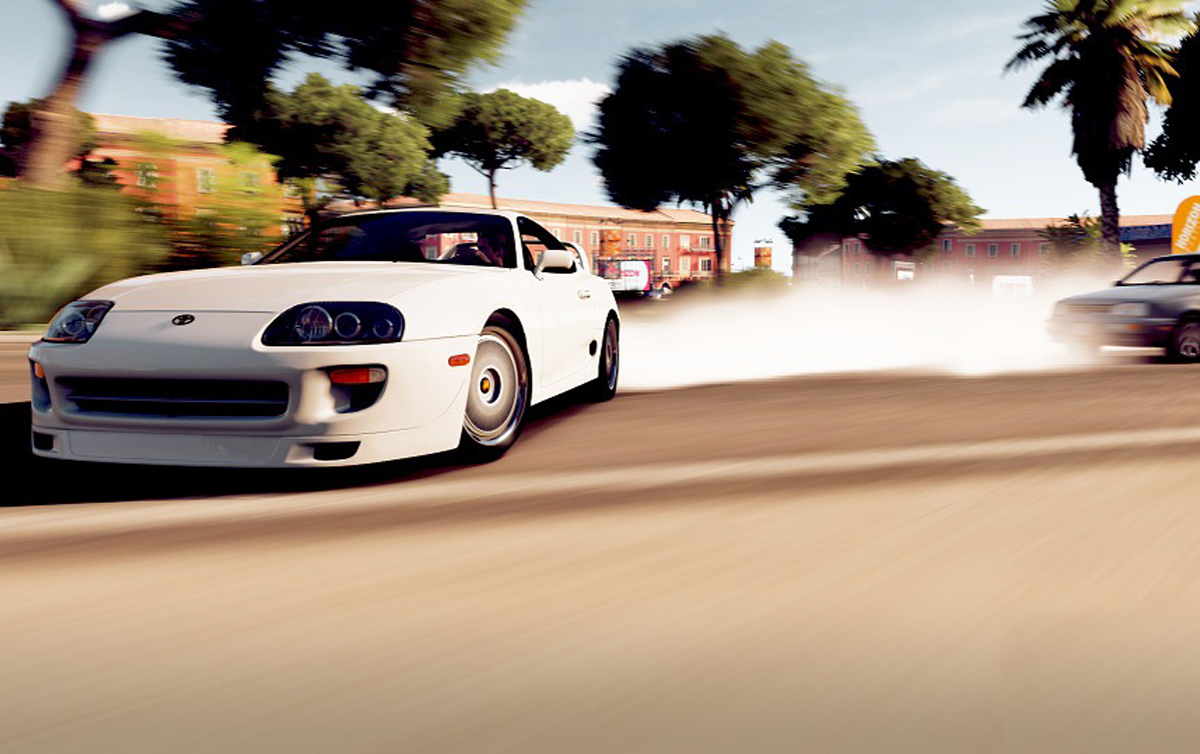
How video game clones affect original titles
By Logan Smith
The video game industry, even moreso than film or television, is one that is rife with trendsetters and countless followers of those trends. Recently, the explosive success of PlayerUnknown’s “Battlegrounds and Fortnite: Battle Royale” has sent the biggest AAA companies scrambling to tack battle royale modes onto their upcoming games. Before that, it was survival games, and before that it, was military shooters.
Multiple trends run concurrently at any given time. Several IPs with linear or level-based games in the past have turned to an open-world structure recently alongside the battle royale fever, for example. While there is obviously a great deal of creativity at work in the gaming industry, there are many more opportunists seeking to piggyback on success.
This is most apparent when looking at mobile games. Google Play and the App Store are filled to the brim with asset flips and blatant game ripoffs with strategically placed keywords in their titles. Many change the absolute bare minimum to avoid any legal trouble while others don’t even do that and skirt on by until they’re taken down with the creators ready to launch another in its stead.
So how do these games affect the sales and popularity of the original games? This is a nuanced question which has no clear answer. Factors that affect this include how popular the original is, whether the games share a platform, and even the debate of where we draw the line of what makes a game a clone.
Taking inspiration from games isn’t new, nor is it automatically reprehensible. An entire market segment within the indie industry exists based on recreating the classics of the past that elicit the most nostalgia from fans. Many times, certain game mechanics, themes, or features are worth ingraining into the collective techniques of the industry. Some would even argue that humanity exhausted true creativity centuries ago and that modern media is just reshuffling existing ideas, but that’s a debate for another time.
However, sometimes it’s pretty clear when a game is a clone. Arguably one of the most aped games out there are those from the Grand Theft Auto franchise, one of the most popular game IPs the industry has ever seen. “Grand Theft Auto” is an interesting case study because it’s both one of the most cloned games — and also among those least affected by said cloning.
Throughout the series’ history, all releases have been financial successes by significant margins. The first two games were moderate successes upon launch but gained a larger and larger following as subsequent titles increased the franchise’s popularity.
Most recently, “Grand Theft Auto 5” became the best selling unbundled video game of all time and the most profitable media product of all time and has shipped more than 95 million copies worldwide. While Rockstar Games has recently ported older Grand Theft Auto titles to mobile devices, the main platform for Grand Theft Auto has been home consoles and PC.
I mention mobile because an overwhelming number of Grand Theft Auto clones are present on the platform. Ranging from series that have now become established staples of the genre on mobile, having become almost “legitimized” like “Gang Star” to the lowest denominator asset-flip copycats, there are quite literally hundreds of Grand Theft Auto clones on Google Play and the App Store.
One called “Gang Wars of San Andreas” has over 1 million unique downloads. (San Andreas is a fictionalized location in Grand Theft Auto, the setting of “Grand Theft Auto San Andreas,” but the name isn’t trademarked.) “Miami Crime City” uses the iconic Grand Theft Auto typeface for its logo, which also comprises three words arranged just like the Grand Theft Auto logo and is visually almost identical to that of “Grand Theft Auto Vice City.” It has over 5 million downloads. I could go on, but naming more of these ripoffs is a disservice to Grand Theft Auto.
In spite of such high player counts, it’s clear that Grand Theft Auto isn’t significantly hurt. The port of “Grand Theft Auto Vice City,” although paid, also has over 1 million downloads as do “Grand Theft Auto 3” and “Grand Theft Auto Andreas.” On other platforms, Grand Theft Auto reigns supreme. But are there any examples of games being copied when the original suffers for it?
There are plenty, actually. A similar pattern arises in all these cases: An indie game developer creates a game with a simple, easy-to-learn but hard-to-master gameplay loop that has a psychological hook that motivates players to engage with it. A well-funded major mobile game company gets wind of this, throws together a blatant clone of the game, uses its financial resources to market the game in a manner no indie studio could match, and suddenly the clone is the popular game.
Many times, the biggest and most popular hits are among the most blatant clone games out there. Their popularity has simply catalyzed a popular historical revisionism in the public consciousness — and this isn’t restricted to mobile. “Angry Birds,” “Farmville,” “Guitar Hero,” and “Minecraft” are all built on concepts fielded by other, smaller indie studios whose names are barely known.
In the world of intellectual property, the law and the climate favor the wealthy, which is why huge AAA titles like Grand Theft Auto are unaffected by clone games while smaller indie games are basically left to the mercy of these larger entities. While a small company has no hope of suing a corporate behemoth like Zynga in case it copies a game, AAA companies are more than happy to file lawsuits at the smallest prompt — like when Bethesda, publisher of “Prey,” took on a small indie studio that called its game “Prey to the Gods” (which is quite the clever name). The outcome? The indie game was renamed “Praey to the Gods,” butchering the subtext.
Clone games do hurt the industry, and they absolutely do hurt developers. But the clones of massive mainstream successes like Grand Theft Auto aren’t the ones that need to be antagonized first.



